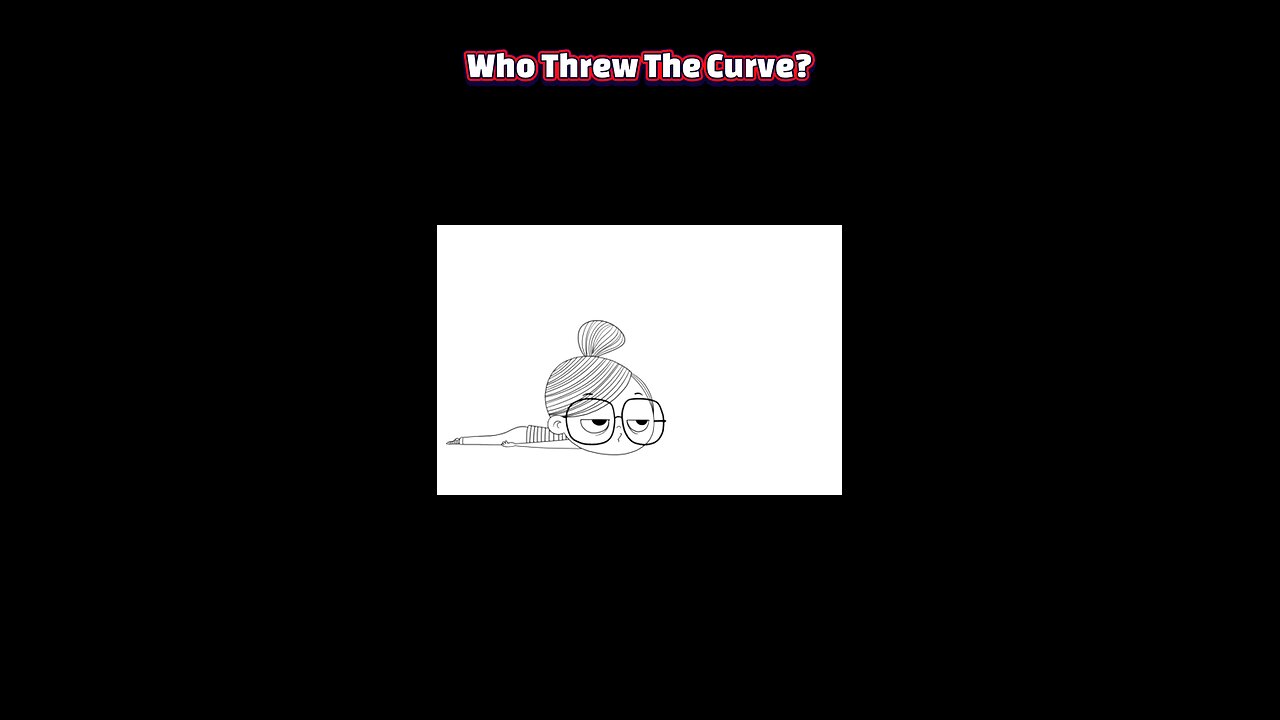Premium Only Content

When Joy Disappears: Understanding Anhedonia & Finding Your Way Back
#Anhedonia #MentalHealthAwareness #LossOfJoy #LifeTips #MindHealth #Wellbeing #SelfCare #BurnoutRecovery #EmotionalHealth #FindingJoy
Losing your appetite for life can feel like someone quietly drained the color from your days. The jokes don’t land, the foods you loved taste like cardboard, hobbies turn into chores, and even good news barely registers. This isn’t laziness or a lack of gratitude. Sometimes it has a name: anhedonia—the dampening of the brain’s ability to anticipate or feel pleasure. Naming it doesn’t fix it, but it can loosen the grip of shame. Anhedonia shows up in two main ways. There’s anticipatory loss—the “wanting” system—where you stop looking forward to things, plans feel heavy, and motivation shrivels. Then there’s consummatory loss—the “liking” system—where you do the thing and it just doesn’t spark. You might still laugh, but it’s hollow; still socialize, but it’s like acting. Anhedonia often rides along with depression, burnout, grief, trauma, or certain medical conditions, but it can also be a temporary response to prolonged stress. At a brain level, anhedonia is the reward system going low-power. Circuits that normally tag experiences as meaningful and energizing get blunted, often by stress hormones, sleep disruption, inflammation, or mood disorders. The mind tries to conserve energy, so it mutes pursuit and shrinks curiosity. That conservation loop becomes self-fulfilling: less effort leads to fewer rewarding experiences, which confirms the lie that nothing matters, which further lowers effort. The cruel trick is that anhedonia whispers identity-level stories: “You’re joyless now. This is who you are.” It isn’t. Recovery rarely looks like fireworks; it’s more like a dimmer turning back up. Small, reliable inputs help: gentle structure when motivation is low, five-minute “micro-pleasures” that are easy to start, moving your body even when you don’t feel like it, and low-stakes novelty that nudges curiosity without demanding enthusiasm. You’re not chasing euphoria—you’re rebuilding the capacity to notice “slightly better.” If the gray has lingered for weeks, if it’s hollowing out relationships, work, or self-care, consider talking with a clinician. Anhedonia is treatable, and support might include therapy (like behavioral activation), sleep and stress interventions, addressing medical contributors, and sometimes medication. You don’t have to wait to “feel like it” to begin; action can lead and feeling can follow. Joy may not thunder back all at once—but it can return, quietly at first, then more often, until life has edges and light again.
-
 1:03:30
1:03:30
A Cigar Hustlers Podcast Every Day
1 day agoEpisode 416 Epstein Files w/Matt Booth
28 -
 LIVE
LIVE
BEK TV
22 hours agoTrent Loos in the Morning - 11/25/2025
196 watching -
 LIVE
LIVE
The Bubba Army
21 hours agoMAJORIE TAYLOR GREENE QUITS! - Bubba the Love Sponge® Show | 11/25/25
1,961 watching -
 51:11
51:11
ZeeeMedia
14 hours agoBREAKTHROUGH: Nattokinase Dissolves 84% of Amyloid Microclots Within 2 Hours | Daily Pulse Ep 150
25.3K23 -
 1:12:22
1:12:22
Coin Stories with Natalie Brunell
22 hours agoArnaud Bertrand on Changing World Order: U.S. vs China, Gold, Bitcoin & Dollar Hegemony
11.6K6 -
 40:23
40:23
MetatronHistory
1 day agoI REFUSE To Use BCE/CE And Here is Why
8.07K7 -
 16:00
16:00
Actual Justice Warrior
2 days agoDearborn Muslims Go To WAR With Protesters
6.21K28 -
 16:33
16:33
Code Blue Cam
4 days agoWhen Begging for No Ticket Backfires Immediately
12.4K16 -
 19:22
19:22
stateofdaniel
4 days agoPresident Trump STRIKES Back Against Democrats Who Encouraged Military to DEFY Him
18.4K9 -
 14:12
14:12
itsSeanDaniel
1 day agoThe Dumbest Liberal in Congress Just EMBARRASSED Herself
13.7K11